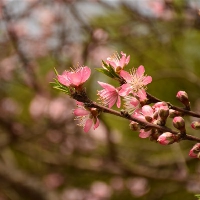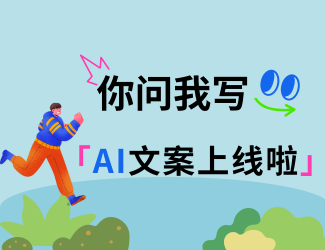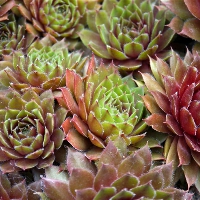Topic content:
The class is going to organize a comprehensive learning activity with the theme of "identifying bad advertisements". Please complete the following tasks.
(1) The class is going to hold a wall newspaper around the theme of the activity. Please make two suggestions on the content of the wall newspaper.
Recommendation 1:______________________________________________
Recommendation 2:______________________________________________
(2) Design a slogan for this activity. (It is required to use two sentences with roughly neat sentence patterns, within 20 words)
________________________________________________________
(3) In the "X X X Liquor" advertisement recently broadcast by a TV station, an adult and a minor raised their glasses together and said, "How delicious!" You are going to call the station to complain. Please write down what you want to say.
________________________________________________________
Best answer:
(1) Example 1: Explain what is a bad advertisement; Analyze the harm of bad advertisements.
Example 2: How to identify bad advertisements; How to complain about bad advertisements.
(2) Example 1: Expose bad advertisements and safeguard vital interests.
Example 2: Bad advertisements do great harm, and learn to recognize more benefits.
(3) Example 1: Hello. In the "X X X Liquor" advertisement recently broadcast by your station, there is a picture of minors drinking, which will mislead teenagers. Please review the advertisement strictly and hope to modify it.
Example 2: Hello. In the "X X X Liquor" advertisement recently broadcast by your station, minors are allowed to drink together with adults, which violates the minor protection law. Please stop broadcasting immediately. (There is no unified answer for the open test questions. This answer is only for reference.)
Test core:
Comprehensive reading and writing: give a paragraph of material to examine students' ability to examine questions, organize and play. The material is not only a topic set in the textbook, but also more flexible to connect with life and social reality, to examine students' ability to comprehensively use Chinese in a specific situation, to see whether students can find problems, whether they can be concise Express your opinions fluently. Therefore, students should pay attention to the hot issues in life, actively participate in practical activities, and express their design, experience and harvest in the activities in words. This is very helpful for improving students' comprehensive reading and writing ability.











